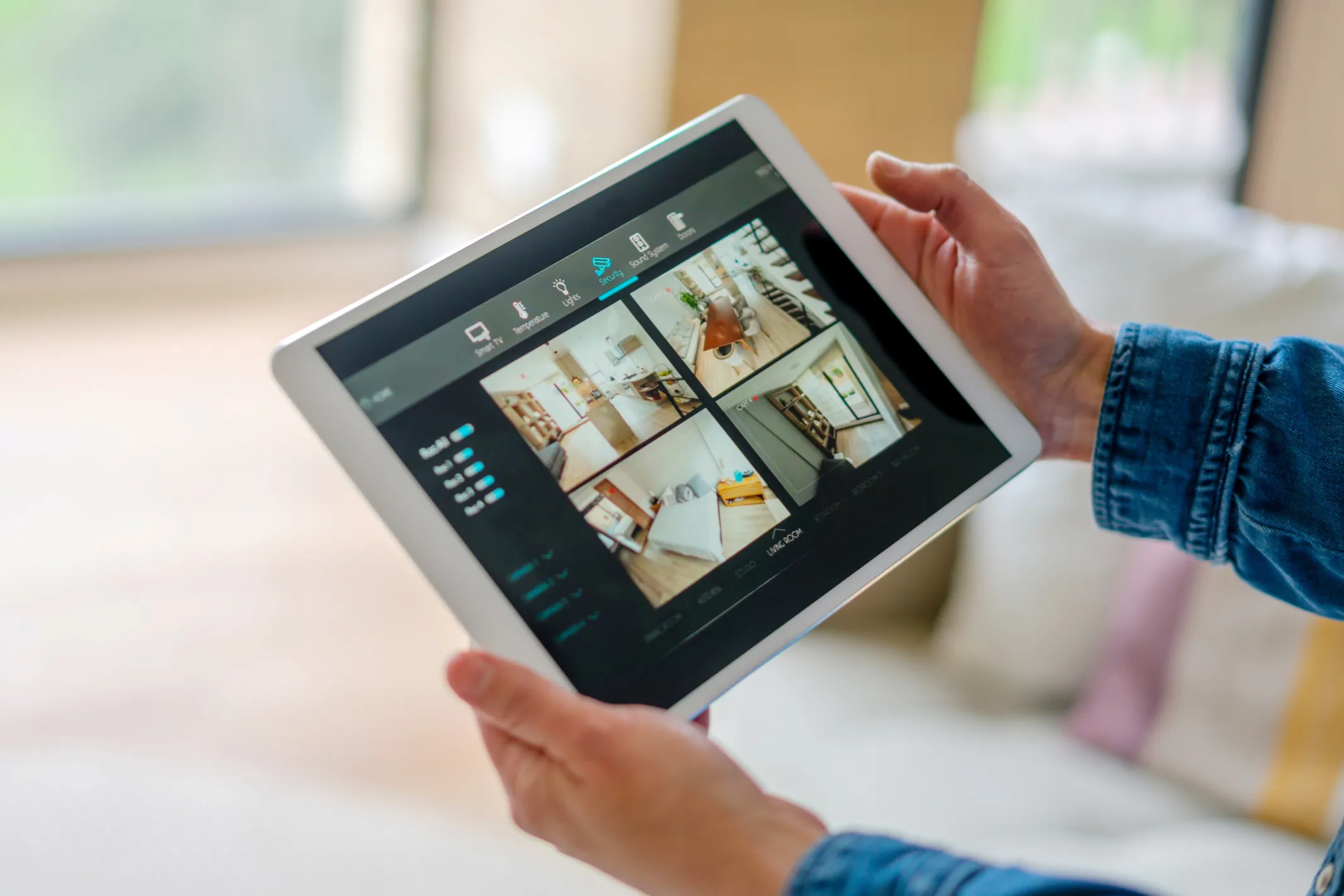 [ad_1]
[ad_1]
Even if you have a professionally installed and monitored home security system, there are everyday actions you can take to ensure your home remains secure and resilient.
Simple daily habits such as checking your windows and doors, monitoring your home security systems and staying informed can enhance your home security. Additionally, getting homeowners insurance for burglaries provides an extra layer of protection.
When you incorporate these measures, it allows you to detect patterns and notice when there’s a security issue. Therefore, by practicing the following daily habits you take a more proactive approach to your home security.
Daily habits to keep your home or business secure
Implementing the following habits can significantly improve the security of your home or business. Some of these are rather obvious; however, when you integrate these simple yet effective practices into your daily routine, you create a safer environment.
1. Lock your doors and windows
First, develop a night routine where you check all entry points. You should also cover your windows to prevent potential intruders from seeing inside. For added security on sliding doors, use a lock bar or rod to prevent them from being opened from the outside. Beyond a basic lock, you can enhance your door security by installing an electronic deadbolt you can lock from afar.
2. Monitor your home security system
Make it a habit to review footage while having your morning coffee or breakfast. This will help you stay informed about any unusual activity that happened during the previous day.
When doing this, you can also check the energy source of your cameras and sensors to ensure they are fully charged and operational. No matter how advanced your security system or cameras are, they won't be effective if not properly maintained. Therefore, clean your devices periodically to prevent dirt and debris from accumulating and damaging them.
3. Stay informed and connected to your neighborhood
Building relationships with your neighbors fosters a sense of community where everyone looks out for each other. Consider joining or forming a neighborhood watch group and get security training from a police officer to learn best practices.
While you’re away, you can place a hold at the post office so packages and letters don’t pile up on your front porch. However, a good relationship with neighbors means you can ask them to keep an eye on your property. Additionally, if your neighbors have security cameras, their footage can serve as a valuable backup to your own.
4. Keep your home well-lit
Having proper lighting, both in and outdoor, can deter potential intruders. If possible, set indoor lights to turn on automatically to create the illusion that there’s someone in the house when you’re away. Additionally, install exterior lights and regularly check that they’re functioning correctly to ensure your home remains well-lit at night.
Also, consider installing motion-sensor lights that will turn on immediately when someone approaches. For added visibility, keep your front yard lawn trimmed and clean as this reduces hiding spots for burglars and makes it easier for cameras to monitor the area.
5. Secure your valuables
To protect your valuables, keep them out of sight from outside windows and doors where they might attract the attention of potential burglars. Avoid leaving expensive items, devices or documents in plain view. For added security, keep a detailed list of your items, as this can help you with insurance claims in the event of a burglary.
Additionally, investing in a small security safe is a smart move for safeguarding important documents and valuable jewelry.
6. Update or adjust your security routinely
Regularly updating your security measures is essential for maintaining an effective home security system. Start by updating the software of your security system, including cameras, when the manufacturer advises. Change your alarm security key and security system password every six months to a year. Also, adjust your indoor and outdoor cameras so these are pointed at the areas you wish to monitor, as pets or children might accidentally move them.
Lastly, don’t ignore notifications from your security system, especially if you manage monitoring yourself. Addressing alerts quickly helps you identify and correct any issues, such as false alarms, which may require repositioning cameras or changing settings.


